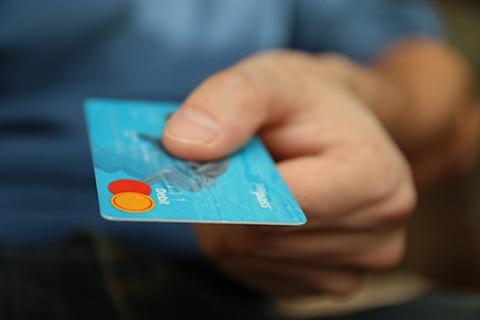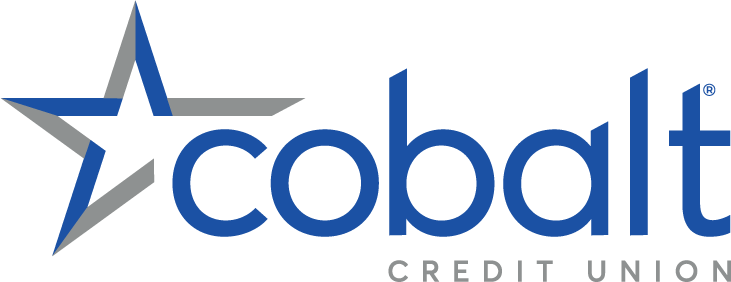
One of the worst things about identity theft is that it can happen without your knowledge. But if you stay vigilant, you can stop a thief – or at least minimize the damage they do. Here are 5 warning signs of identity theft to watch out for.
-
Suspicious Charges on Your Bank Account
- Inconsistencies in Your Credit Report
- Missing or Unexpected Mail
- You are Declined Credit
- Calls from a Debt Collector
1. Suspicious charges on your bank account and credit card statements
A thief who gets access to your bank account will sometimes make a withdrawal to see if you notice. If there is no response, they can drain it quickly. If you see charges or withdrawals, you do not recognize, call your credit union or bank immediately. Keep an eye on your credit card statements, too; unexpected charges are often the earliest warning sign that something is not right.
Also make sure to check any payment app accounts that you may have (Zelle, Venmo, CashApp, Apple Cash, etc.). With the increased use of technology as it relates to your finances, it is easier to check for fraud, but also more likely that it will happen.
2.Inconsistencies in your credit report
If your credit score takes a dramatic dive for no apparent reason, it can be a dead giveaway that someone is using your identity. Check your score on occasion, and if it changes significantly, find the underlying cause of it right away. Do the same if you see debts or new accounts pop up that you do not recognize. Many credit cards and reputable websites offer free ways for you to check your credit score periodically. Cobalt CU has more resources to help you understand and check your credit report.
3.Missing or unexpected mail
Whether it is unexpected deliveries or missing bills, it is amazing how many red flags are tied to your mailbox. Here are some mail-related woes to watch out for:
- Missing bills, especially credit card statements.
- Notifications from the IRS that more than one return was filed in your name.
- Notices about data breaches – companies are required to notify you if there is a data breach that could compromise your account.
- Unexpected mail, such as a change of address notice from the post office when you are not planning to move.
- Bills from accounts you did not open.
- Items you did not order show up at your door.
Bonus tip: Take paper out of the equation. A lot of mail-related mishaps can be avoided by signing up for e-statements from your credit union or other institution. Go online or talk to a representative to find out what options are available to you.
4.You are declined credit
If you apply for a credit card or a loan and get turned down because of poor credit, despite knowing you have good credit, that is a good time to ask for your credit report or to look it up. Ask the credit union or other institution why you were declined, legally you are entitled to a free copy of your credit report in this situation.
5.Calls from a debt collector
If you get a phone call or message from a debt collection agency, do not just assume that they have the wrong person and ignore it. Instead, talk to the collector to find out the nature of the debt – you might find that someone fraudulently opened an account in your name and skipped out on the tab. Be cautious of phone calls that sound like they are pre-recorded or where you cannot talk to an actual person. You should never share any account information over the phone unless you know and trust the caller or initiated the call.
In any of these cases, be sure to speak up sooner rather than later to the appropriate company/retailer or financial institution – and consider checking your credit report right away, so you will have something to compare to if an unexpected change occurs down the road.
For more warning signs of identity theft and ways to protect yourself, visit our fraud page and download the Essential ID Theft Checklist if you have been targeted by identity thieves.

